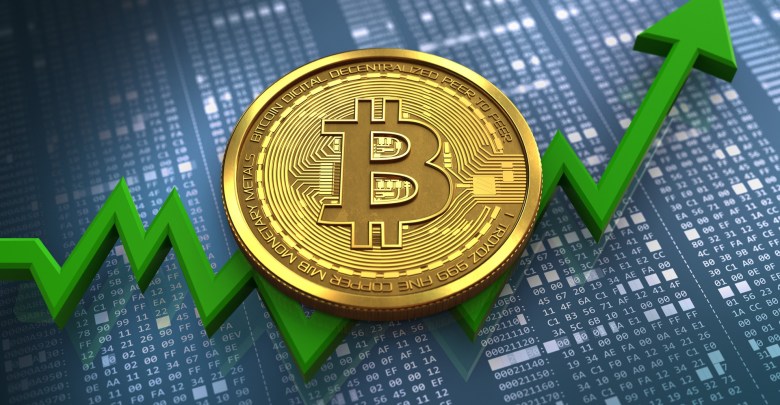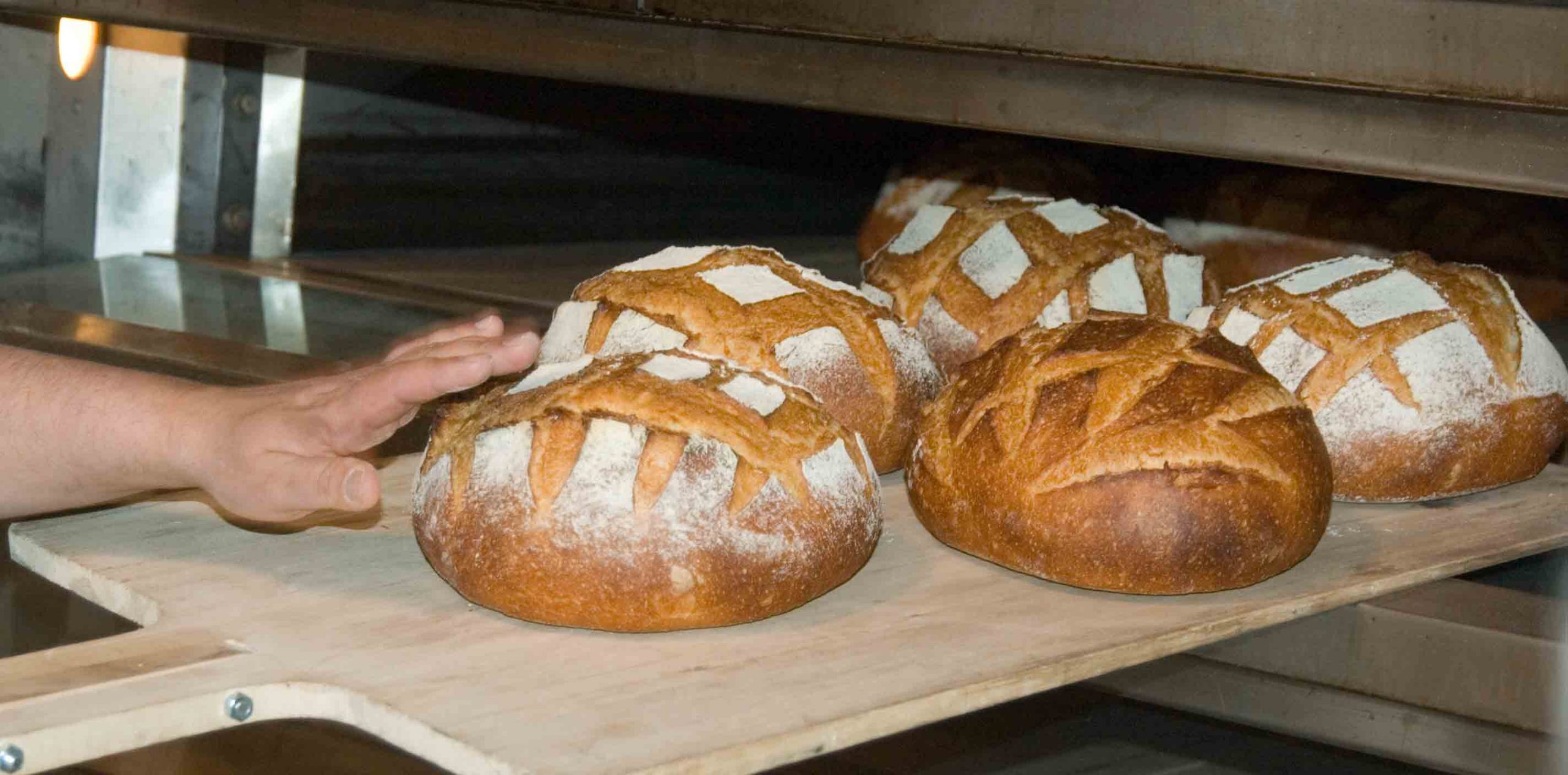
Bitcoin mining is the process of validating transactions and adding them to the blockchain, all while earn bitcoin as a reward. If you’re new to Bitcoin mining and want to understand how to generate this digital currency, this beginner’s guide will provide you with an overview of the process, the equipment you’ll need, and the steps to get started on your mining journey.
- Understanding Bitcoin Mining
Bitcoin mining involves using specialized hardware and software to solve complex mathematical problems. Miners compete to find the solution, and the first miner to solve it adds a new block of transactions to the blockchain. In return for their efforts, miners are rewarded with newly minted Bitcoin. This process ensures the security, integrity, and decentralization of the Bitcoin network.
- Choosing the Right Mining Hardware
To begin mining Bitcoin, you’ll need to select the appropriate mining hardware. ASIC (Application-Specific Integrated Circuit) miners are designed specifically for Bitcoin mining and offer high computational power. It’s crucial to consider factors such as hash rate, energy efficiency, and price when choosing a miner. Popular ASIC manufacturers include Bitmain, Canaan, and MicroBT.

- Setting Up a Mining Rig
Once you have the mining hardware, the next step is setting up your mining rig. You’ll need to connect the miner to a power supply and configure it with mining software. Mining software communicates with the hardware and connects it to the Bitcoin network. Popular mining software options include CGMiner, BFGMiner, and EasyMiner, which offer user-friendly interfaces for beginners.
- Joining a Mining Pool
Joining a mining pool can increase your chances of earning Bitcoin consistently, especially for beginners. Mining pools are groups of miners who combine their computational power to mine collectively and share the rewards. By joining a pool, you contribute your hashing power, and when the pool successfully mines a block, the rewards are distributed among the participants based on their contribution.
- Managing Mining Rewards and Wallets
As you mine Bitcoin, you’ll start earning rewards. It’s important to set up a Bitcoin wallet to securely store your earnings. Wallet options include software wallets, hardware wallets, and online wallets. Each has its own security considerations and features, so choose one that suits your needs. Additionally, ensure you understand the transaction fees associated with transferring Bitcoin from your mining wallet to your personal wallet.






